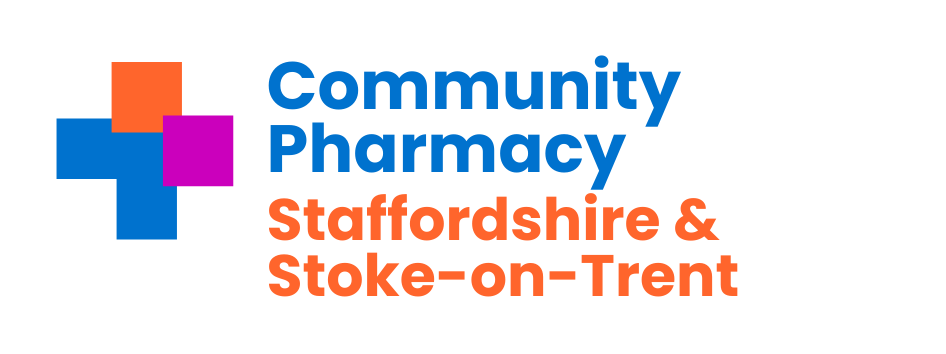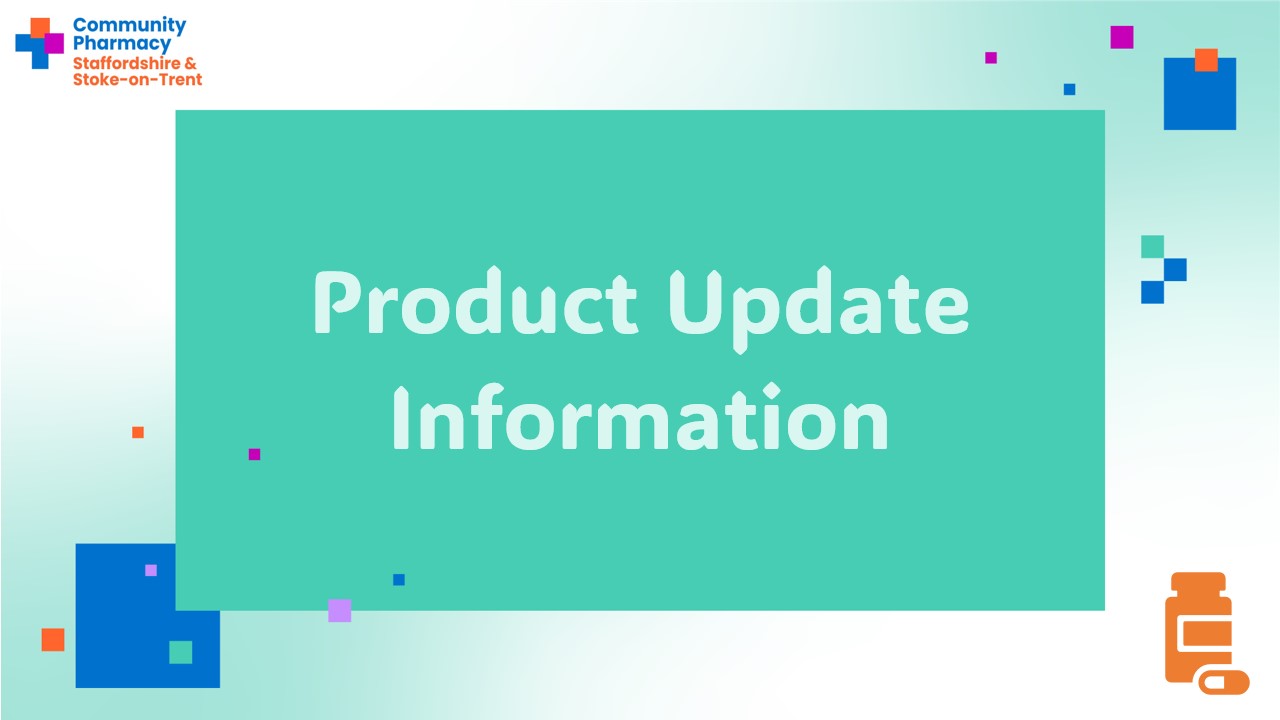Discharge Medicines Service (DMS)
DMS is an essential service that must be provided by all community pharmacies.
What do I need to do?
Staff Training and Competence
Pharmacy owners need to ensure relevant staff, including pharmacists and pharmacy technicians, who will be involved in providing the service, have the necessary knowledge and competence to undertake it safely. As a minimum, pharmacists and pharmacy technicians who will provide the service should:
- Read the section on DMS within the NHS England guidance on the regulations; and
- Read the DMS toolkit
Additionally, it is recommended that they also complete the CPPE NHS Discharge Medicines Service eLearning and assessment.
Once a pharmacist or pharmacy technician has undertaken appropriate learning related to the service, they must complete the DMS Declaration of Competence and provide a copy of that to the pharmacy owner.
Other members of staff that will play a part in supporting provision of the service should be briefed on the service, with appropriate training provided for any roles they will play. CPE have created a document that can be used in briefing sessions for pharmacy team members (DMS briefing for pharmacy teams)
Standard Operating Procedure
Pharmacy owners must have a Standard Operating Procedure (SOP) for the service, which all staff participating in provision of the service must be familiar with and follow.
The SOP should include the process for checking, on a regular basis, for new DMS referrals.
The National Pharmacy Association have developed a template DMS SOP for their members.
Pharmacy owner checklist
Pharmacy owners need to undertake the following actions in preparation for providing the service:
- Read the NHS England regulations guidance and the NHS England DMS toolkit, so that you understand the service requirements;
- Ensure any pharmacists or pharmacy technicians (including locums) that will be undertaking the service also read both those documents. Encourage them to also undertake the CPPE DMS e-learning and assessment;
- Find out which Trusts in your area are already making referrals to community pharmacies following patients’ discharge and which will be starting this in due course.
- Consider the practicalities of providing the service, including the conversation with the patient and /or their carer in stage 3 and how you will be able to undertake that remotely, where the patient cannot visit the pharmacy. Also think about your referral networks to general practices and how clinical pharmacists within your Primary Care Network may be able to assist with issues you have identified with a patient’s medicines regimen;
- Develop a Standard Operating Procedure (SOP) for the service. Make sure this includes the process by which referrals from Trusts will be received, how staff can access these referrals and the regularity of checking for new referrals;
- Ensure all staff that will undertake parts of the service are briefed on the service and their role, and they are familiar with relevant sections of the SOP;
- Once pharmacists and pharmacy technicians have undertaken the activity in point 2 and they are confident that they fully understand the service requirements and how it will operate in the pharmacy, they should complete the DMS Declaration of Competence and provide a copy of the completed document to the contractor.
Download a copy of the DMS Contractor checklist here
Key Information
For more information on the service, please follow the links below.
Discharge Medicines Service – FAQs – Community Pharmacy England (cpe.org.uk)
Discharge Medicines Service digital guide – Community Pharmacy England (cpe.org.uk)
Discharge Medicines Service – Community Pharmacy England (cpe.org.uk)
| Summary of Services Across Staffordshire and Stoke-on-Trent |



